In the 1800's, the hogbacks was a hotbed of activity - from mining to quarries. Rock mined from the Hogbacks was used to build the Territorial Prison, located downhill from the site on Highway 50.
Many may have already hiked the Stone Quarry trail, which has an access point along Old Skyline Drive. Last summer's storms damaged a portion of the 100-year-old retaining wall near the trail's start, but this was repaired by the City. Access remains from Old Skyline Drive (about halfway up from the Washington Street trailhead), but the trail now continues from the site of the quarry to a juncture with Greenhorn near the Floral Avenue Trailhead.
Thanks to a mine shaft closure grant (from state mine royalty funding) initiated by FAR in 2020, the trail was completed in early February by trailbuilders Steve Thomas and Fremont Mitigation & Services (Kirk Anderson and Kerry Meier with assistance by local High School MTB Team rider Sage Currado).
About halfway along the trail, users will note a large steel grate - indicating a recently closed mine. Thanks to efforts by the Colorado Division of Reclamation, Mining, and Safety, the site is now sealed, but remains open to residents of the hillside - bats. (You're welcome to call the trail by it's unofficial nickname, a portmanteau of 'bat' and 'habitat' - "Batatat".) Please do NOT disturb the grate, as bats are an important part of our local ecology, assisting in pest control, pollinating plants, and dispersing seeds (U.S. Fish and Wildlife Service).
Trail Beta
Trail Name: Stone Quarry
Distance: 1.1 miles
Level: Difficult (Black Diamond)
Surface: Natural Surface Singletrack
Map: Available on Trailforks (will be available on others, including Cotrex, soon)
Features: Some technical points, steep switchback, closed mine shaft (do not throw rocks, please be kind to bat habitat)

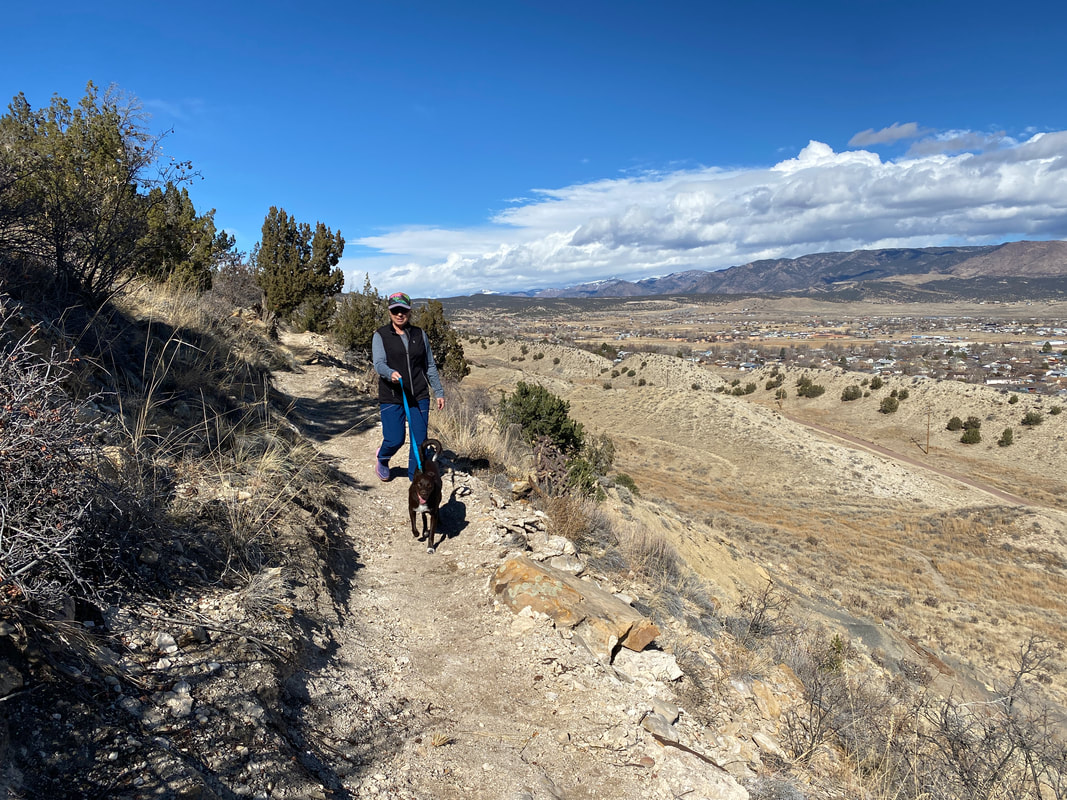
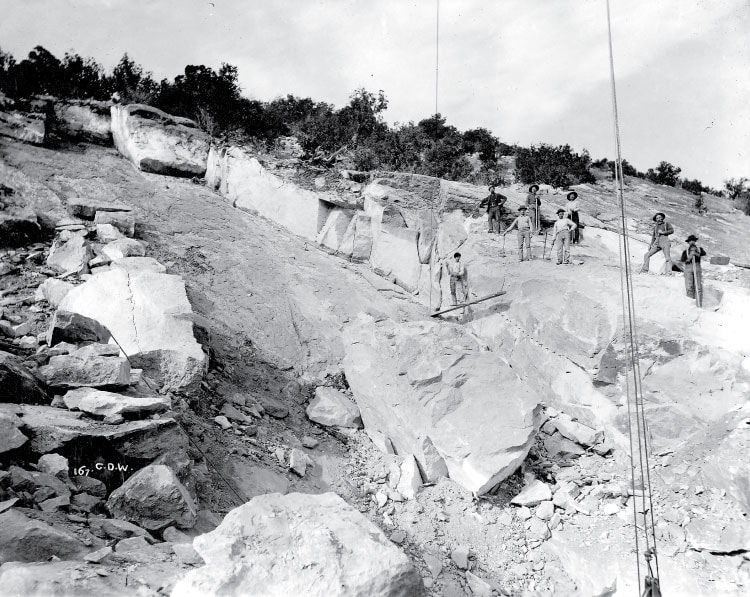
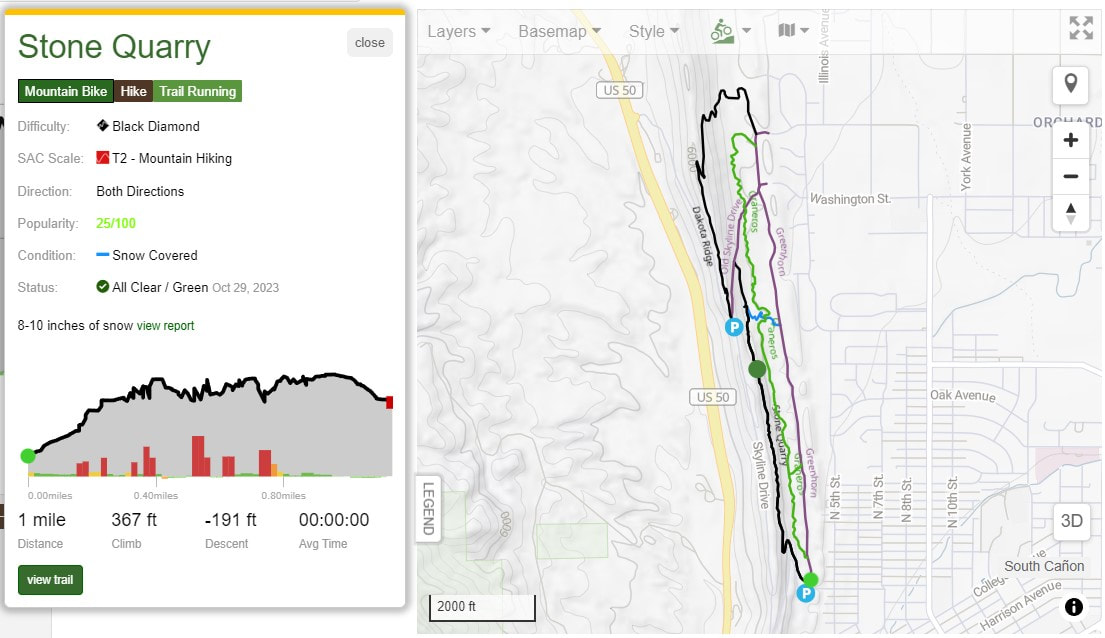
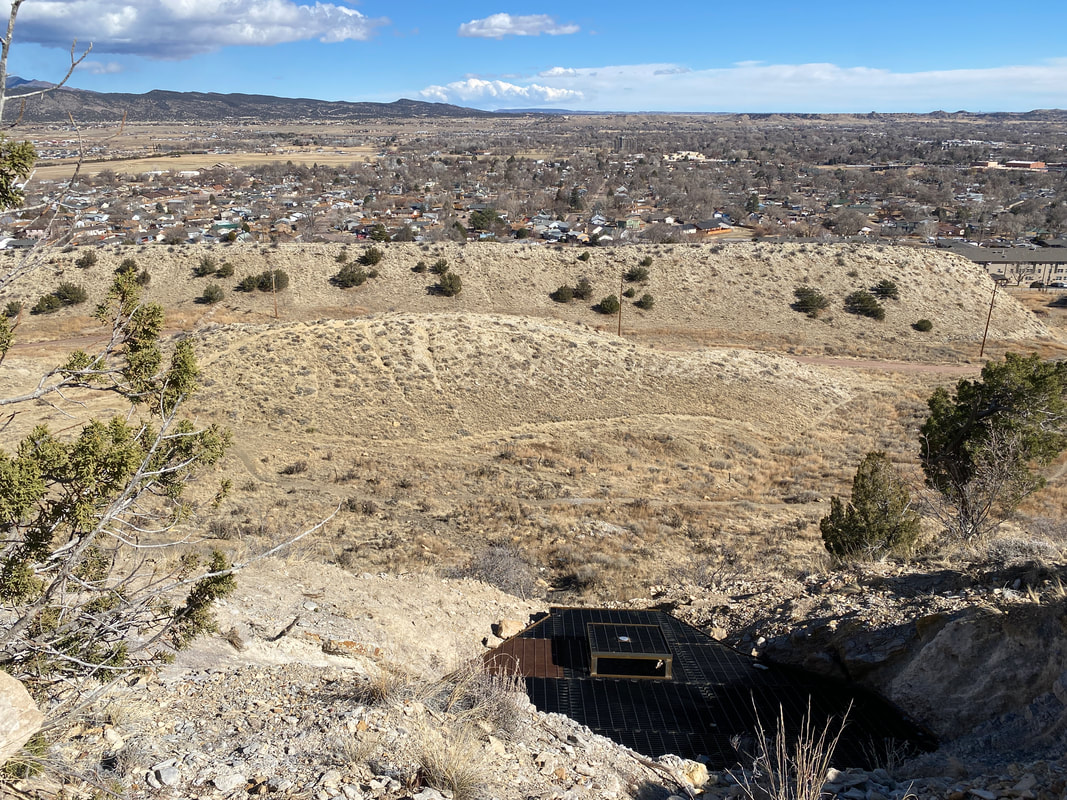
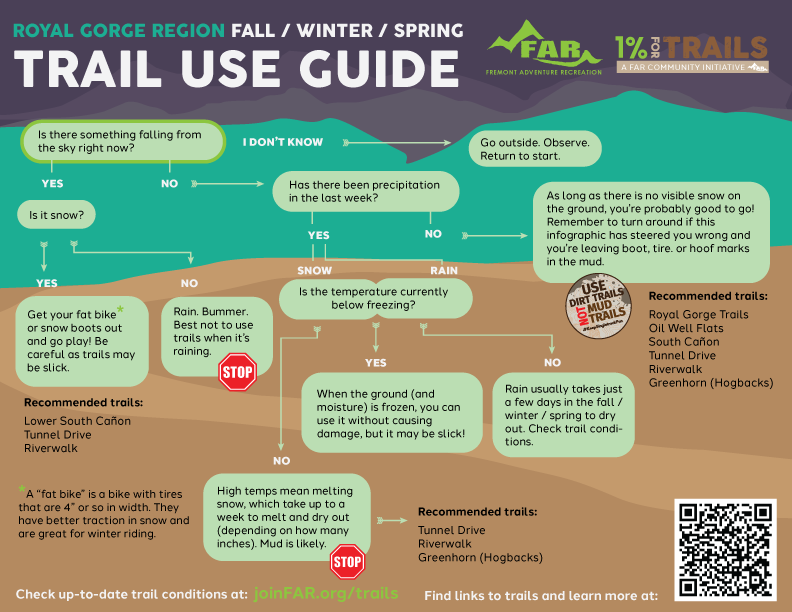
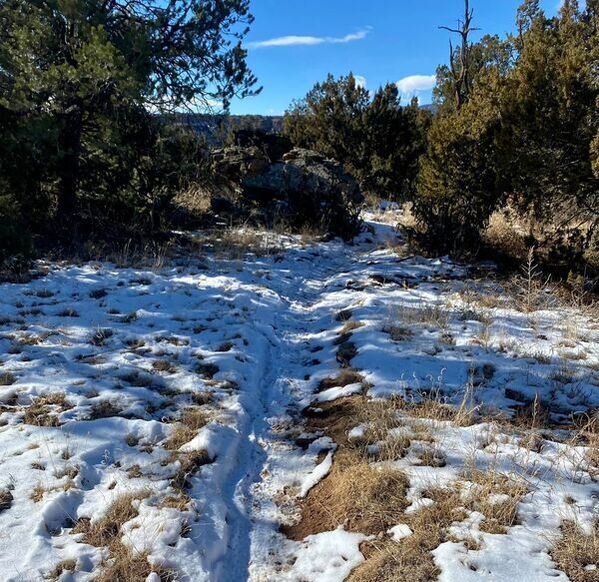
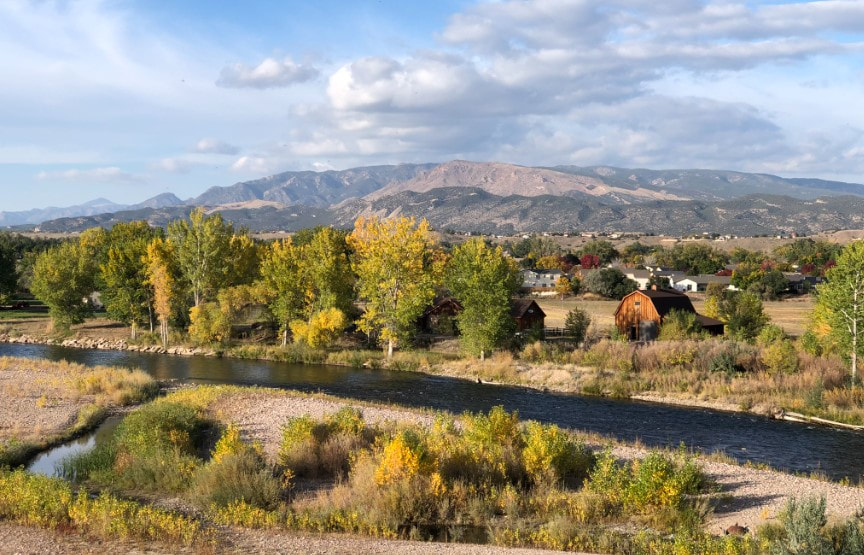
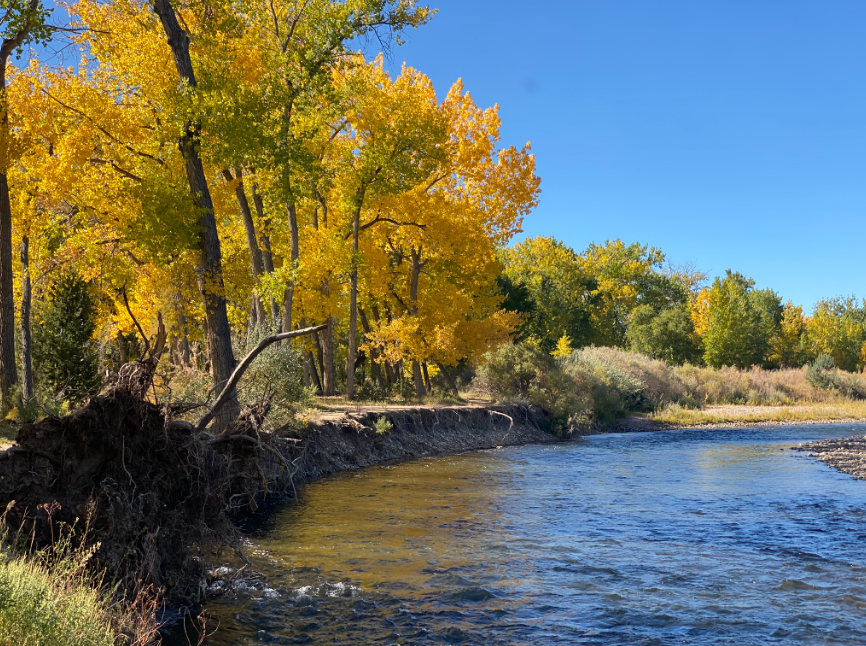
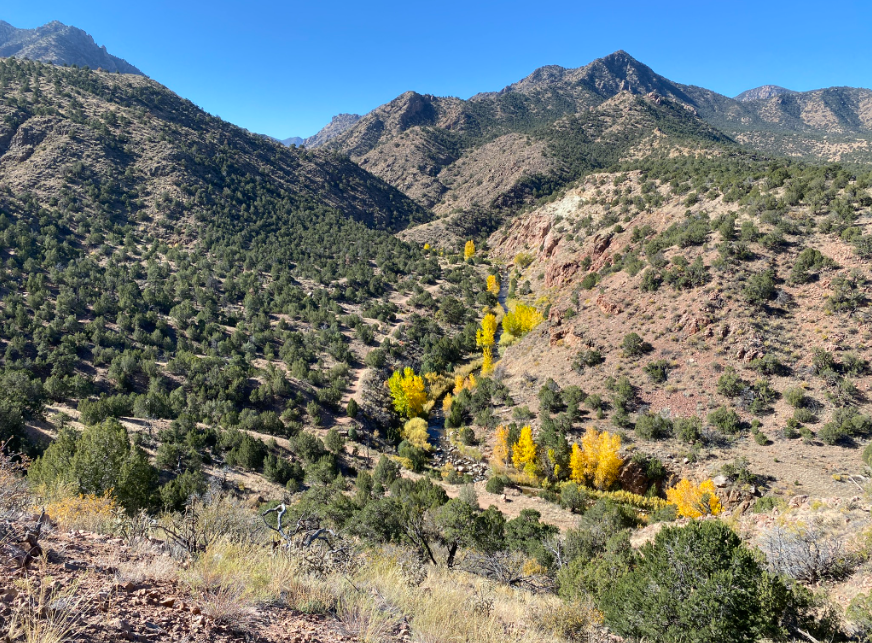
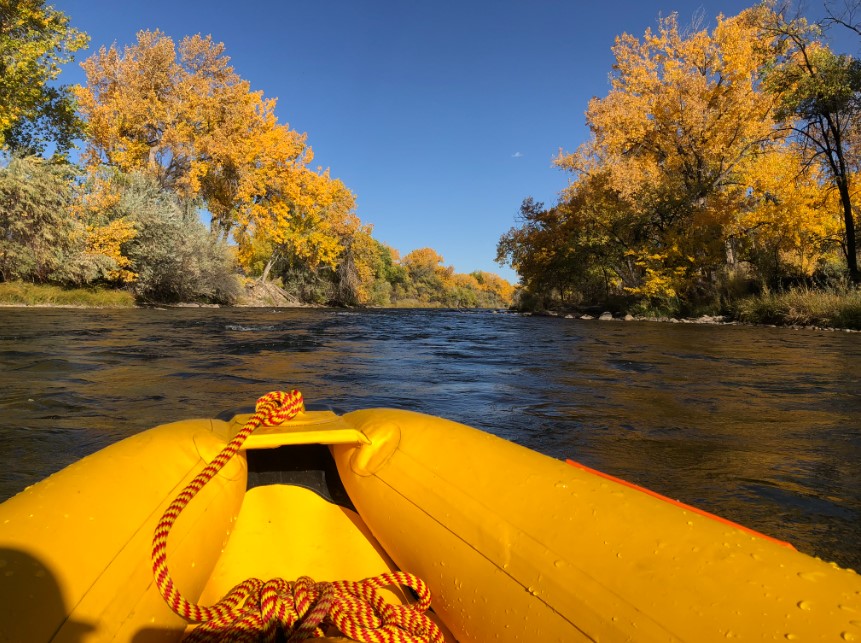
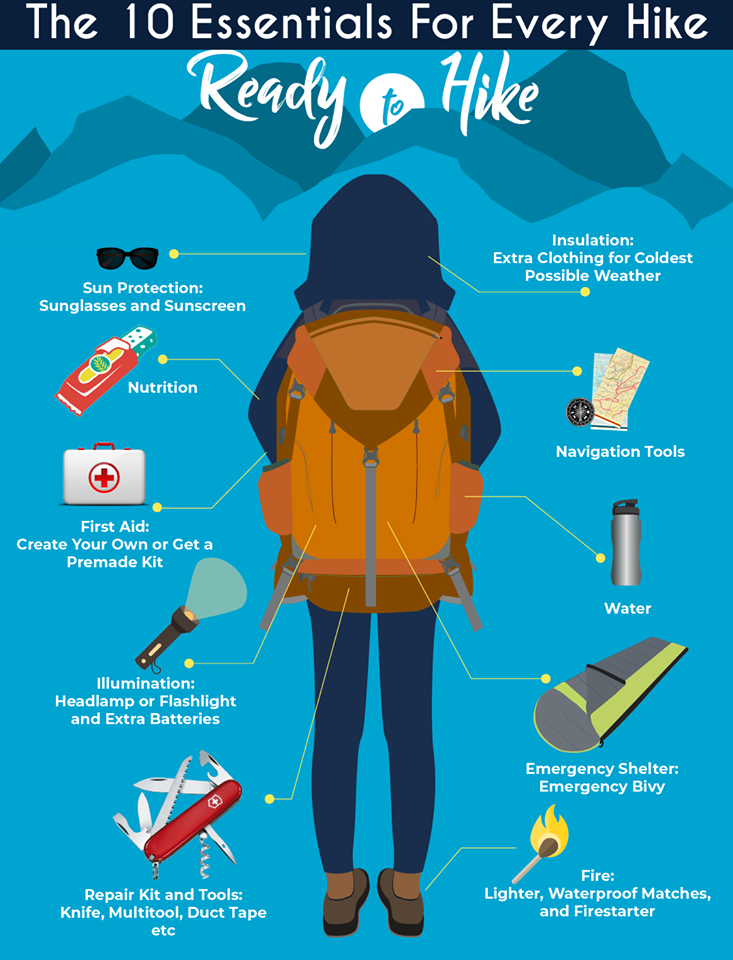
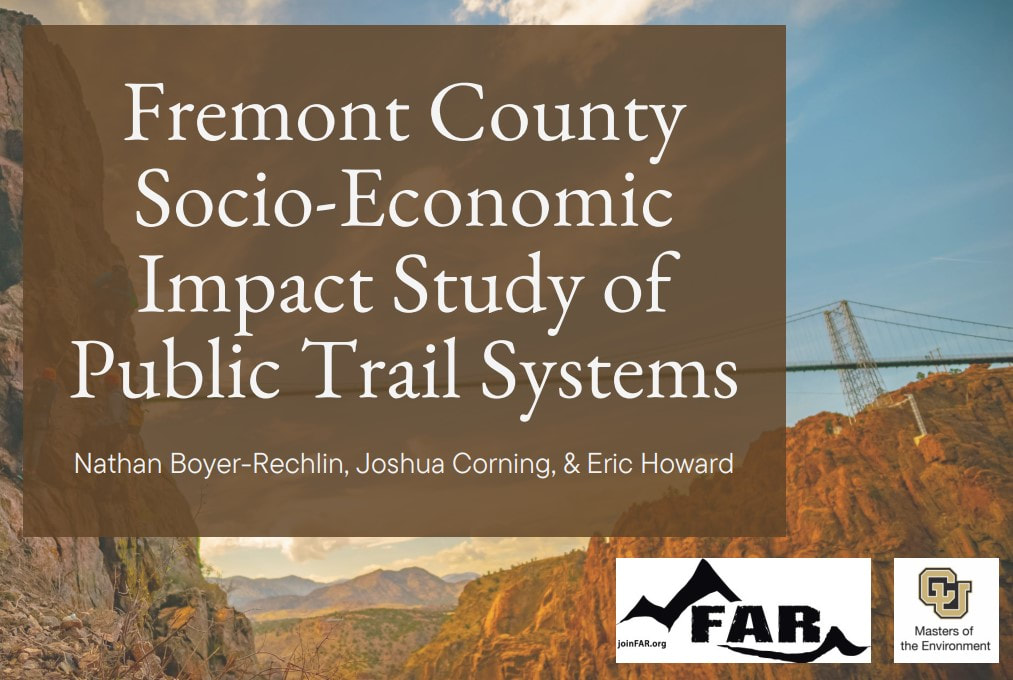
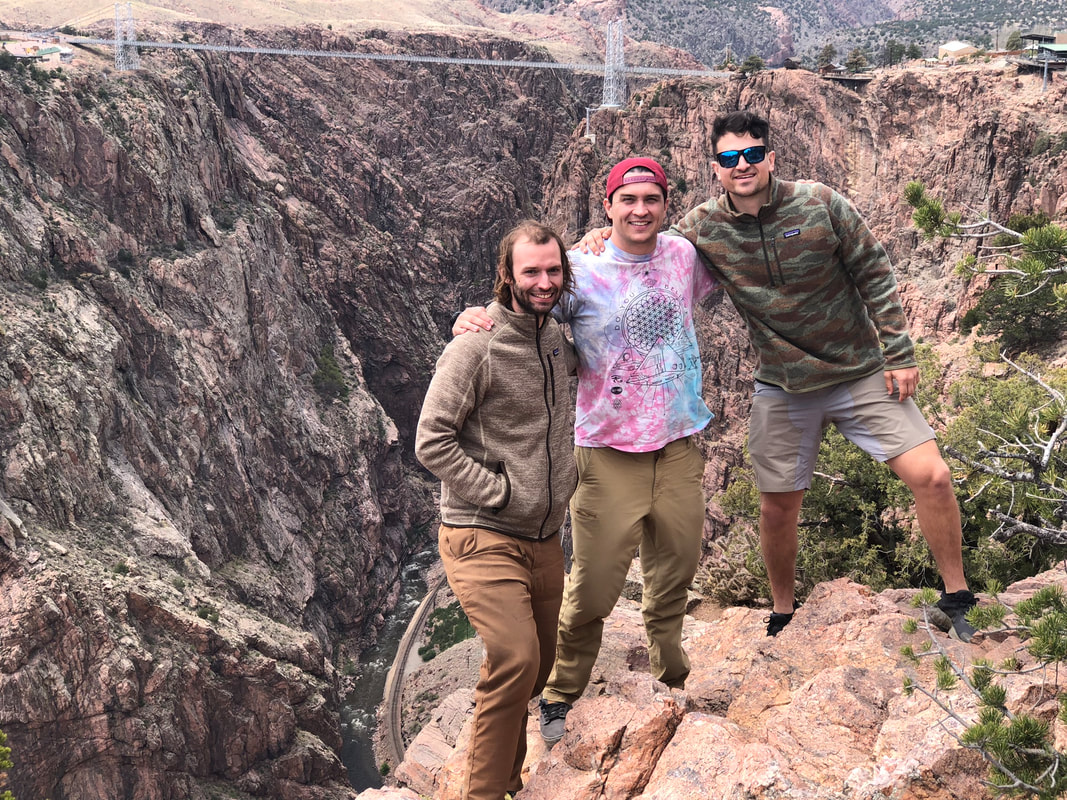
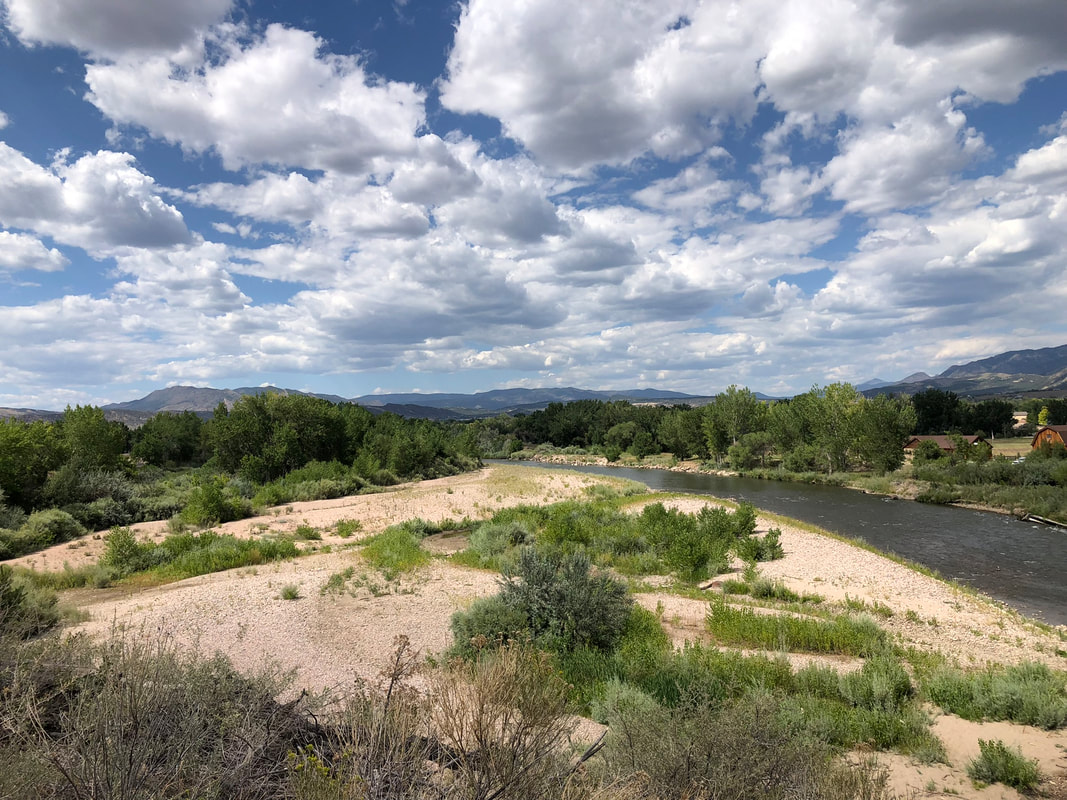
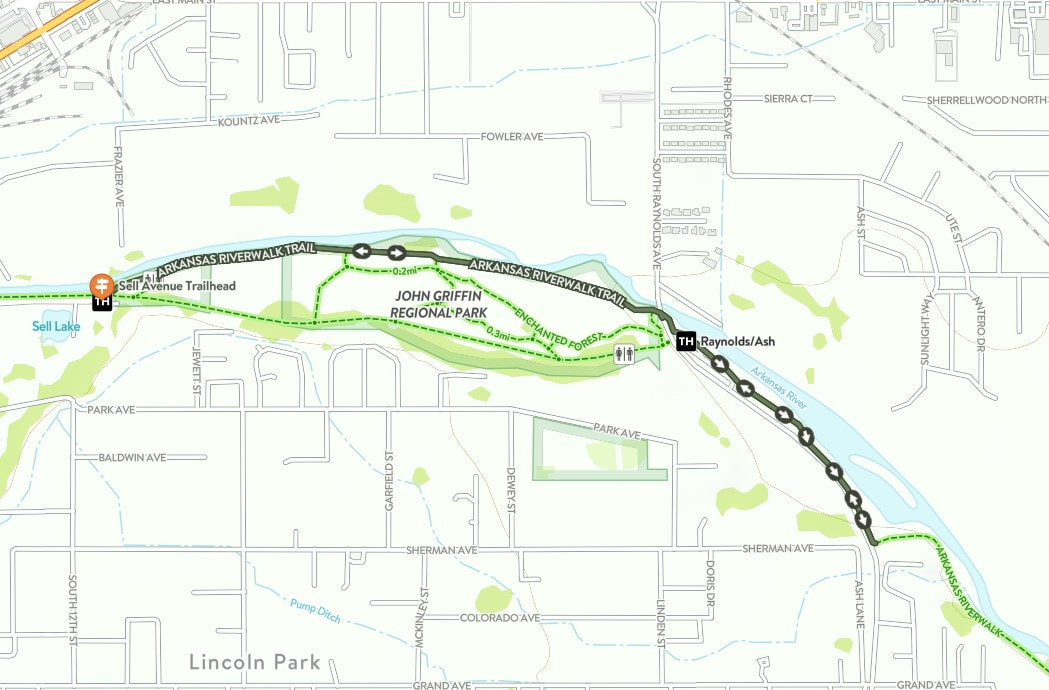
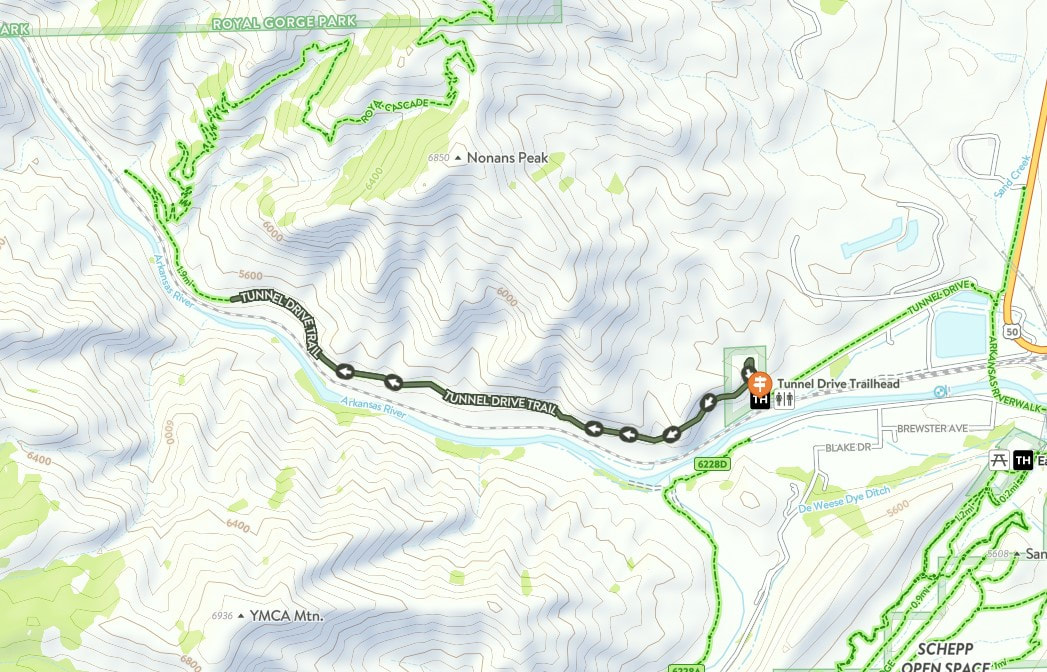
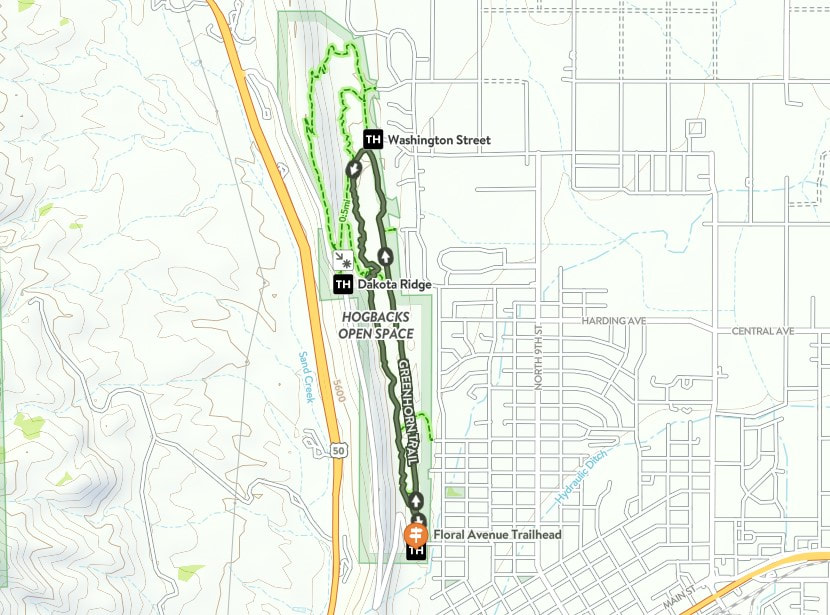
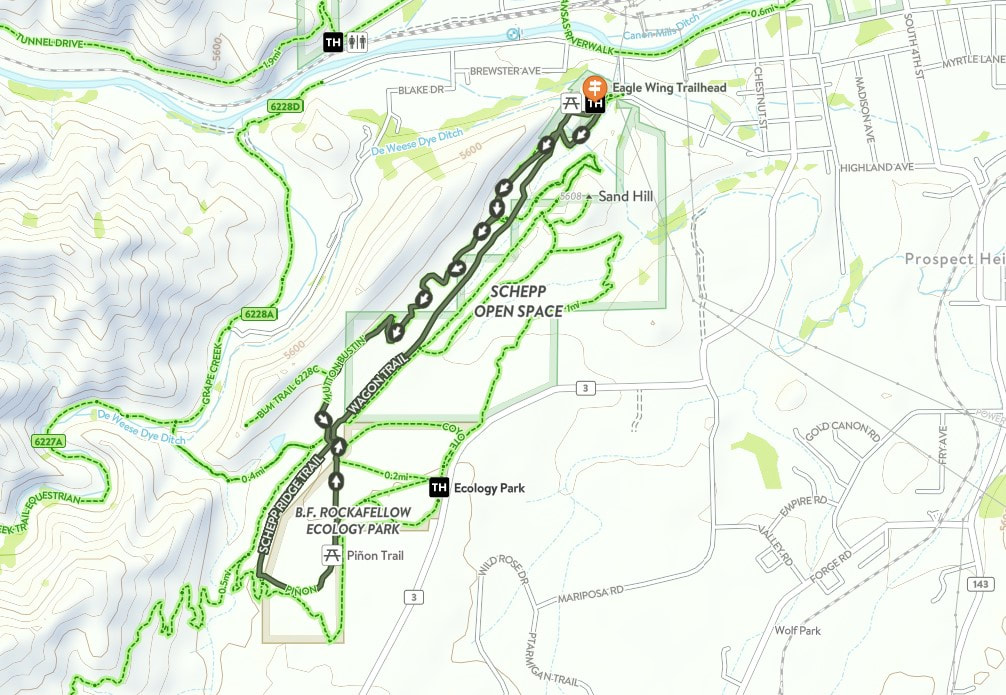
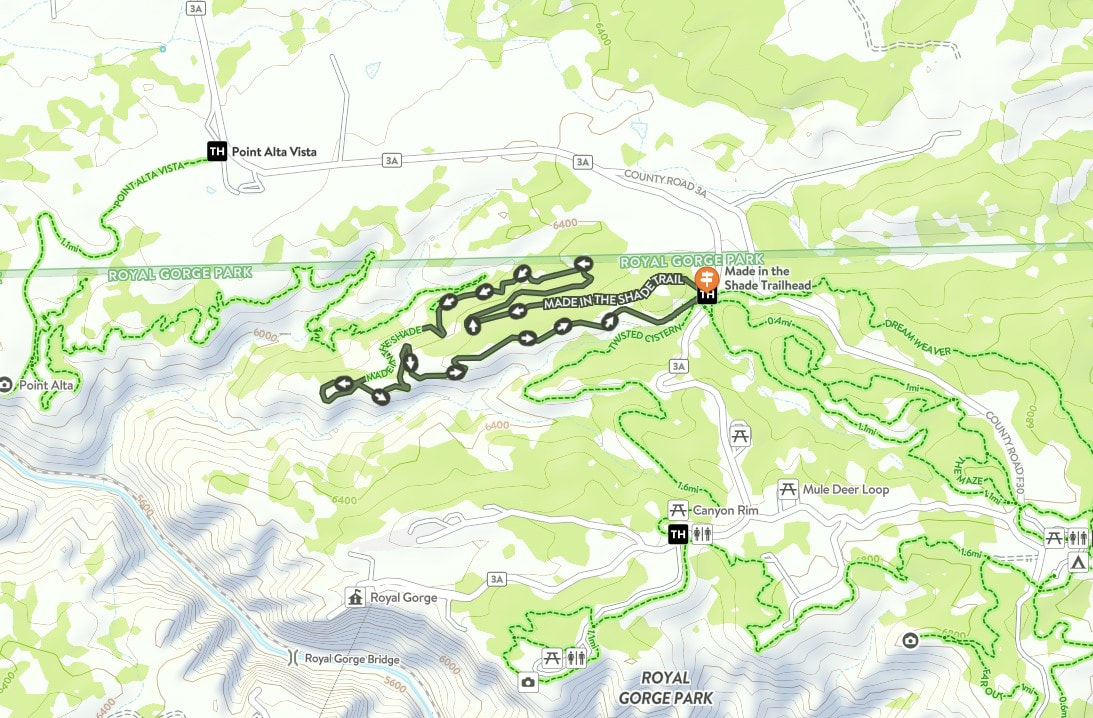
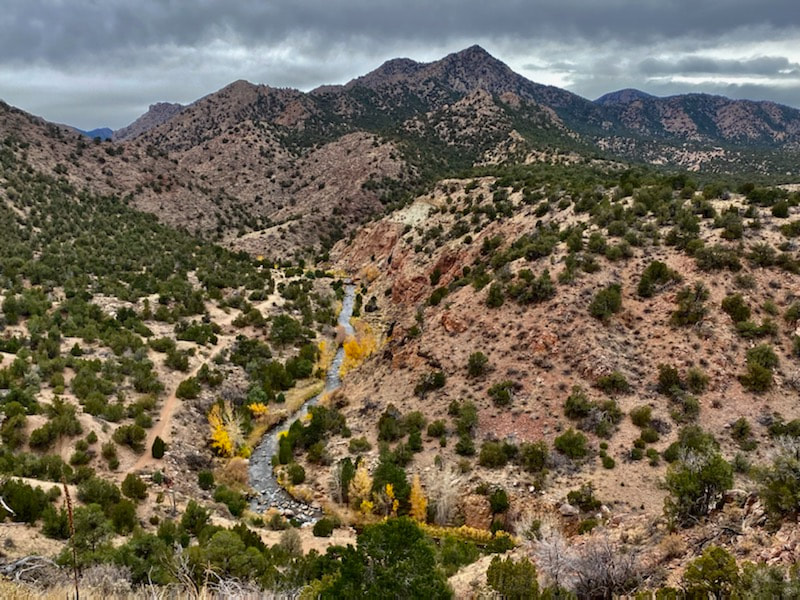
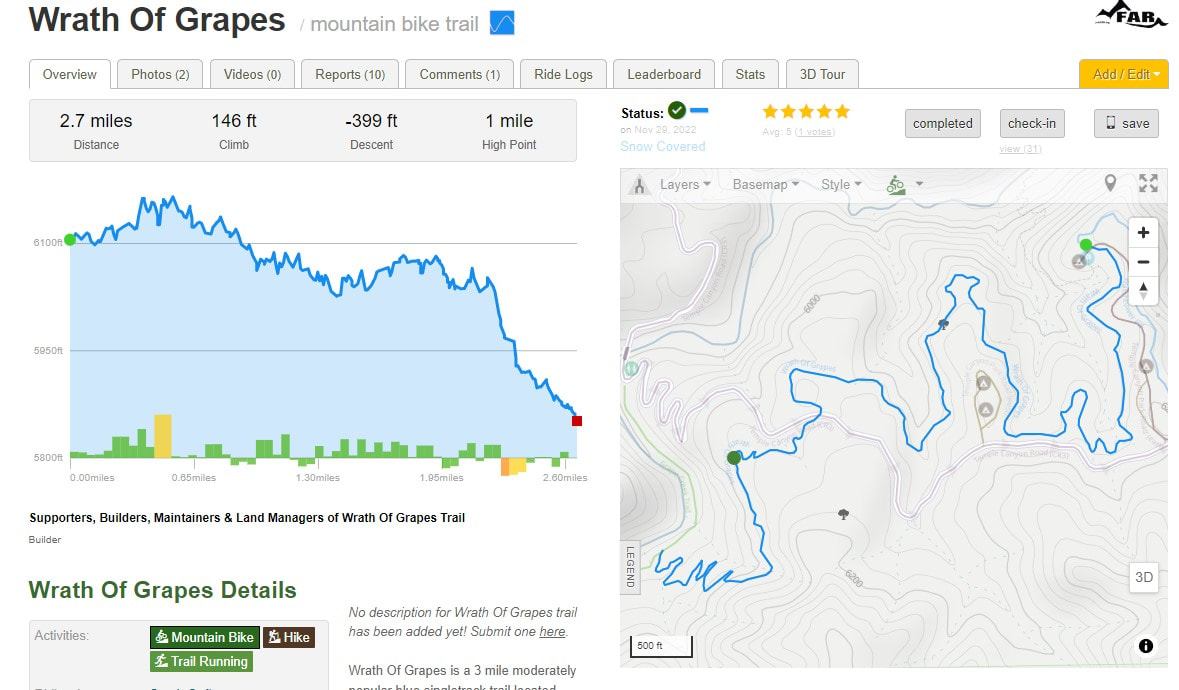
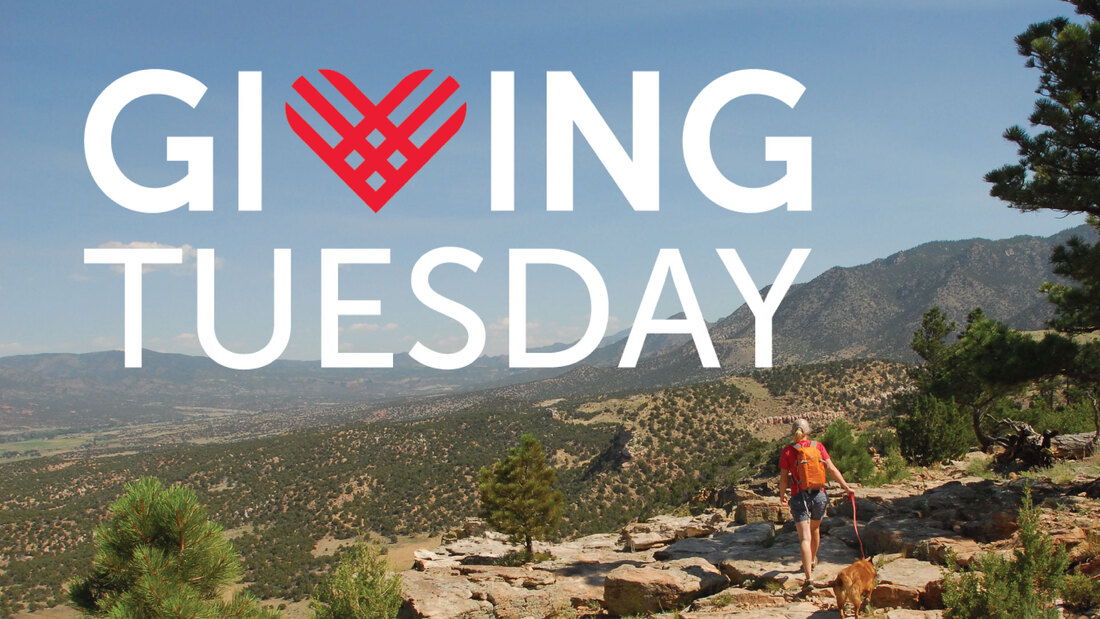
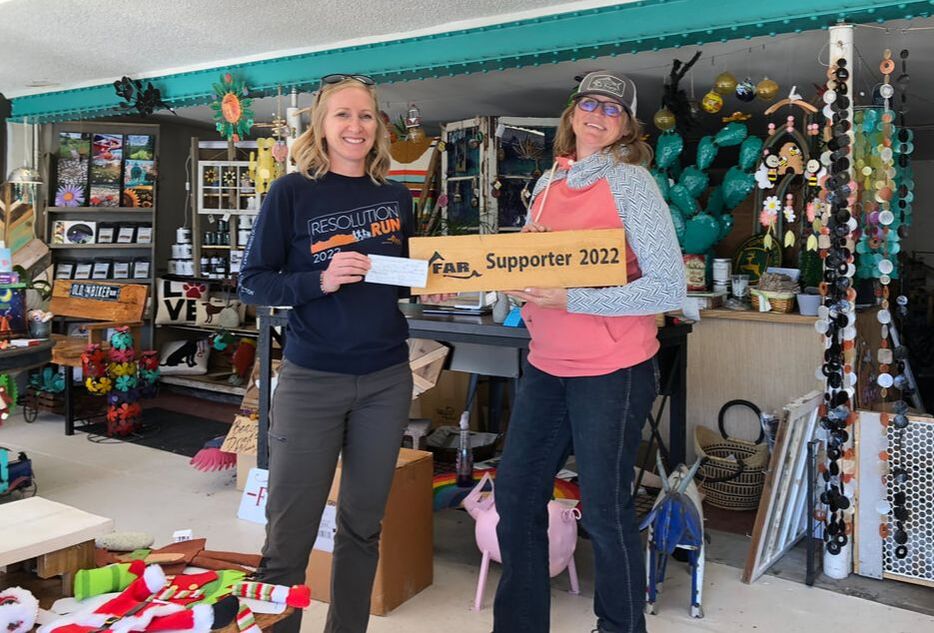
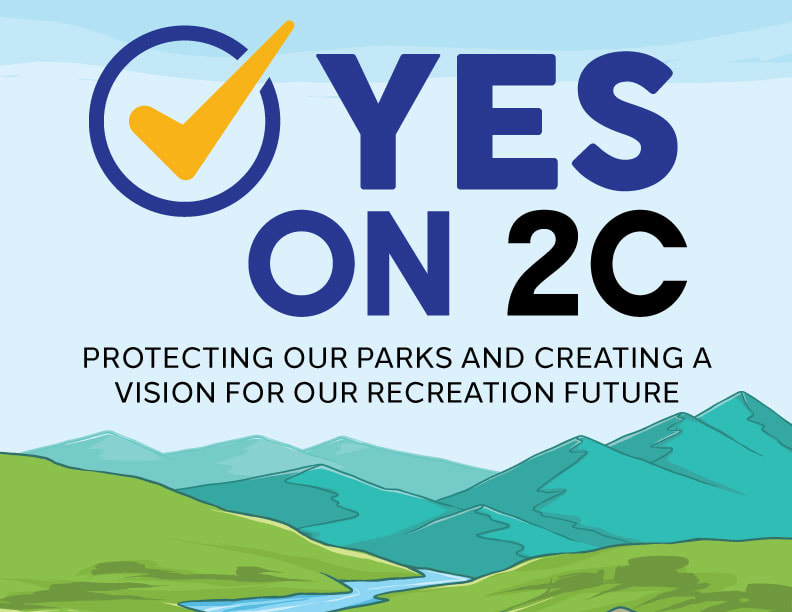
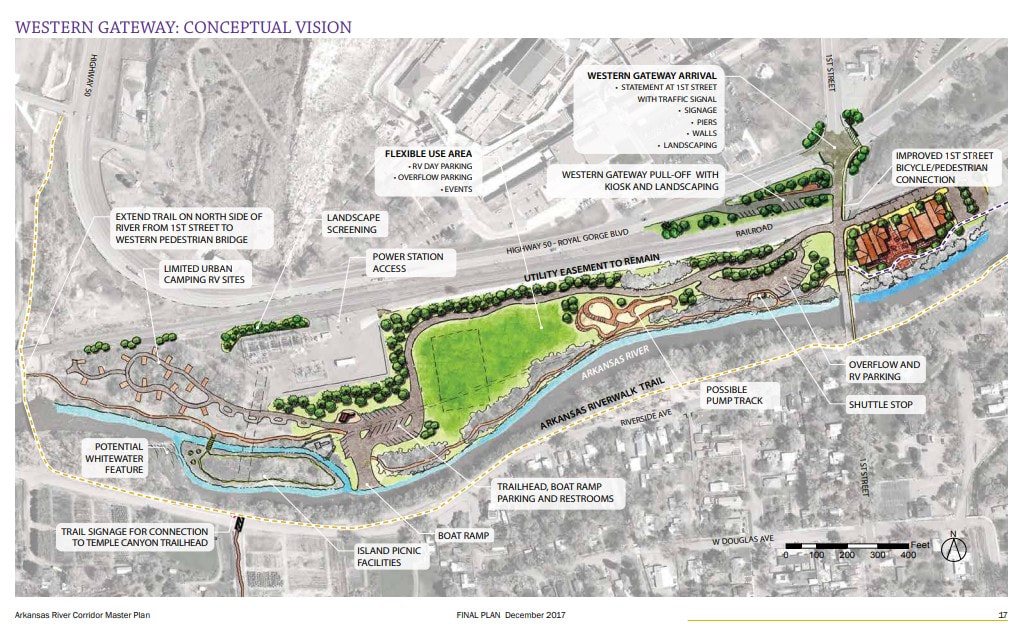
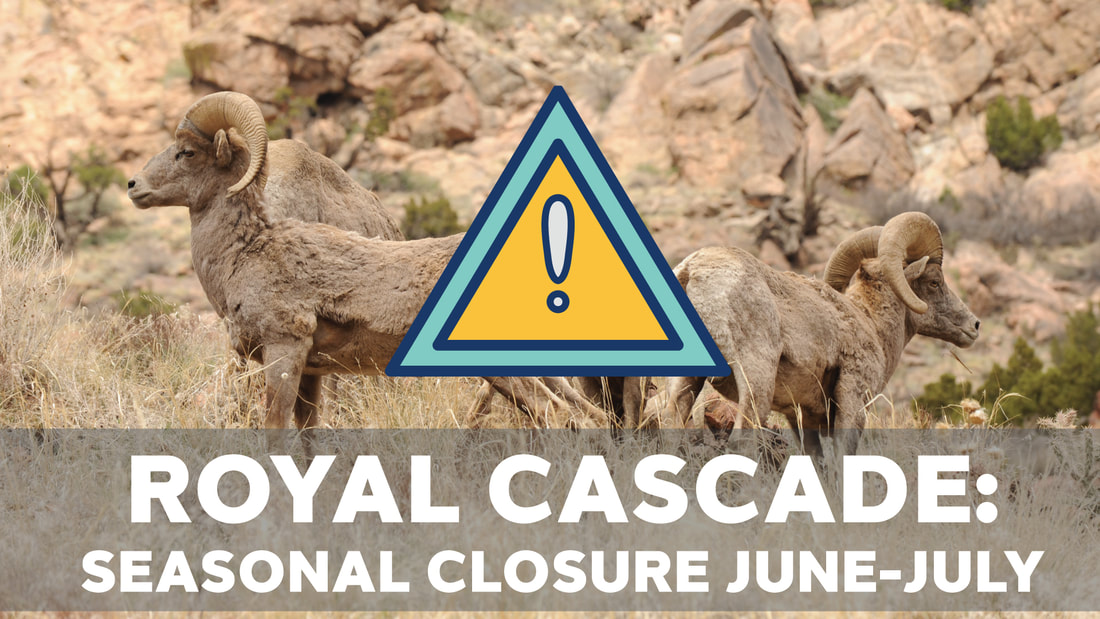
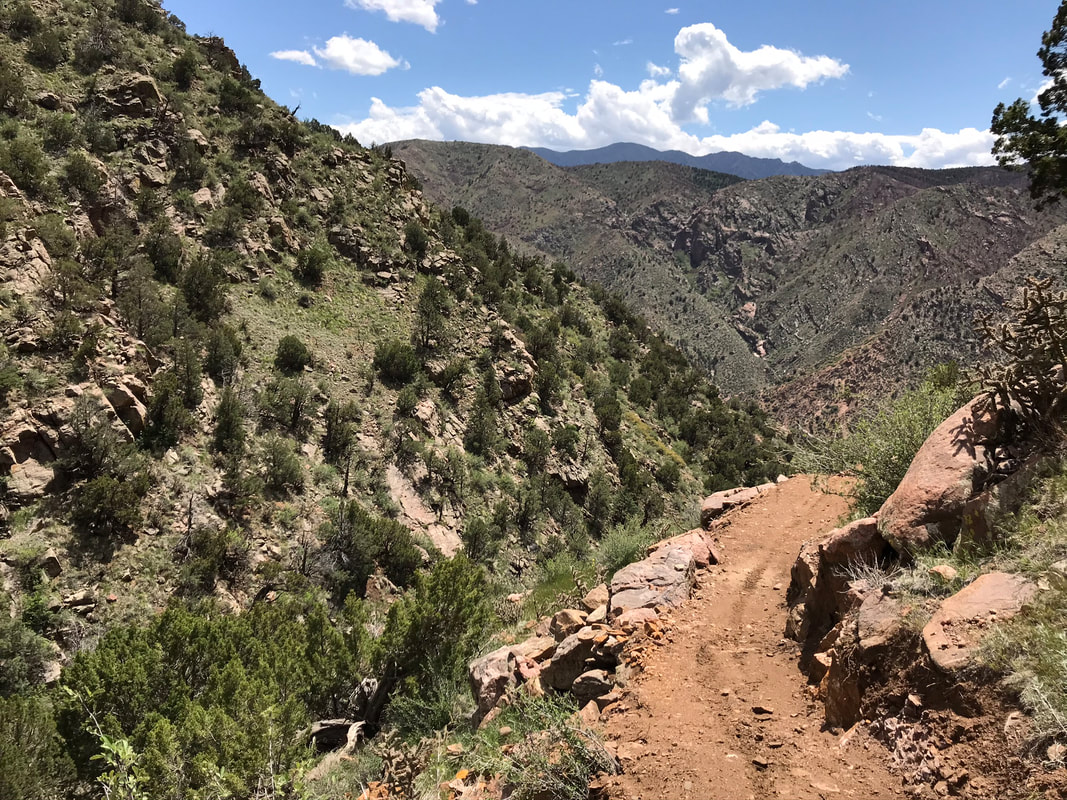
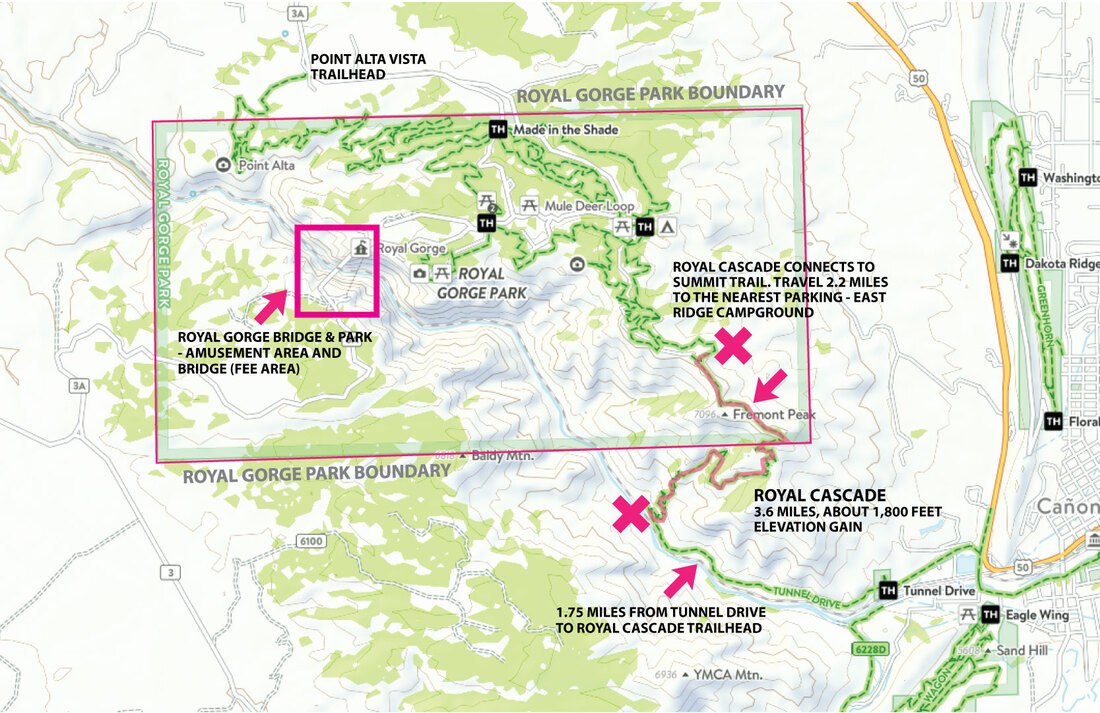
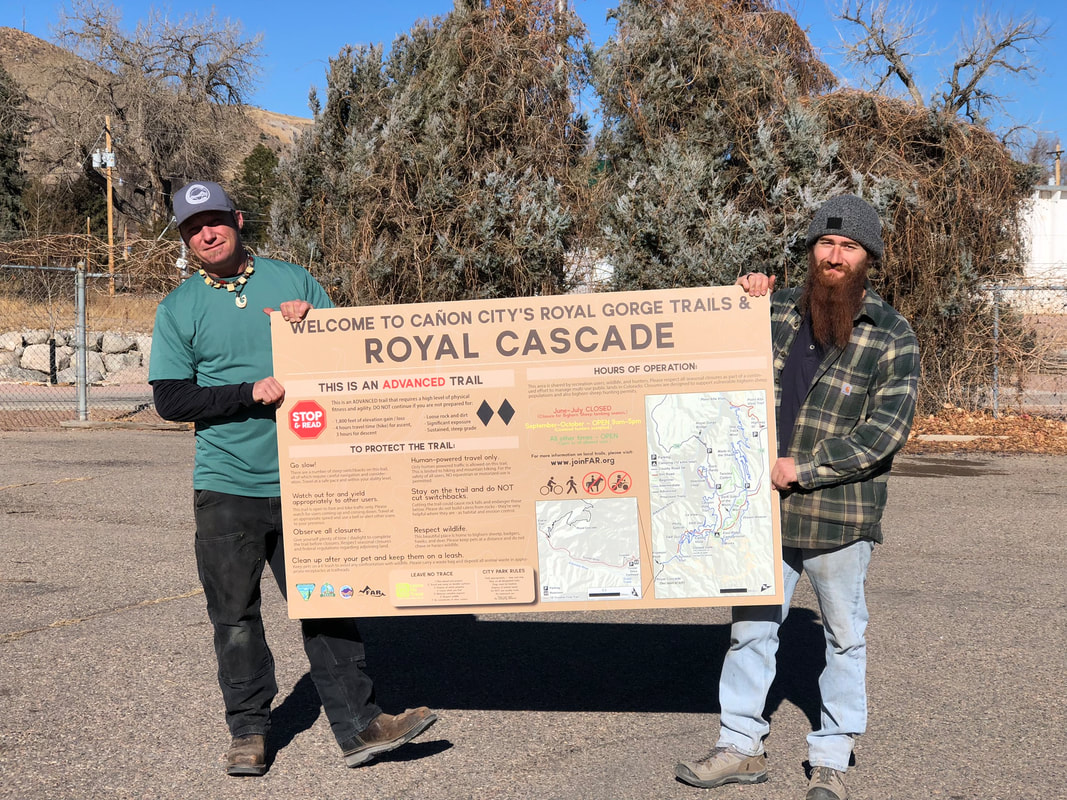
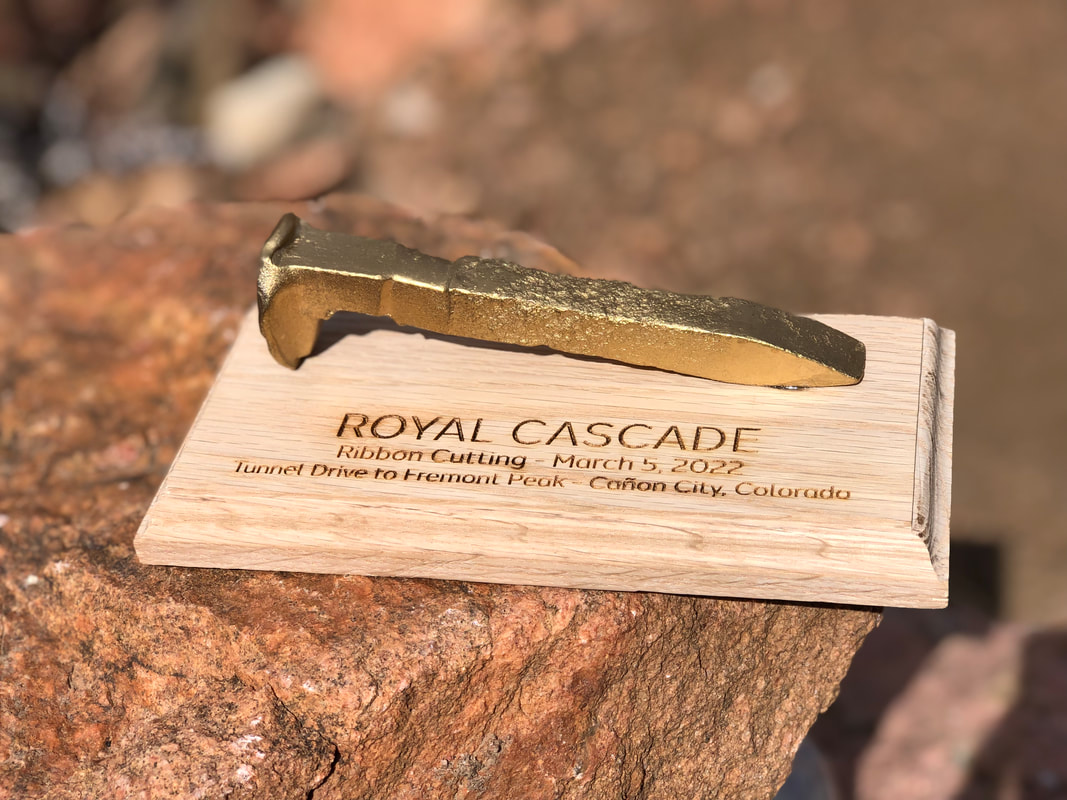
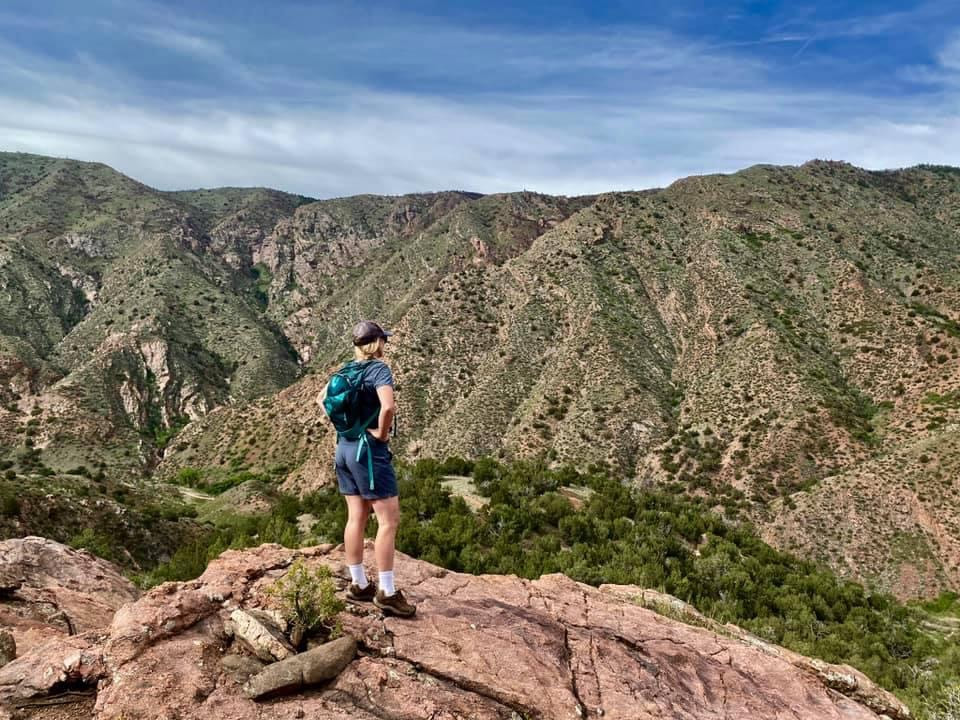

 RSS Feed
RSS Feed
